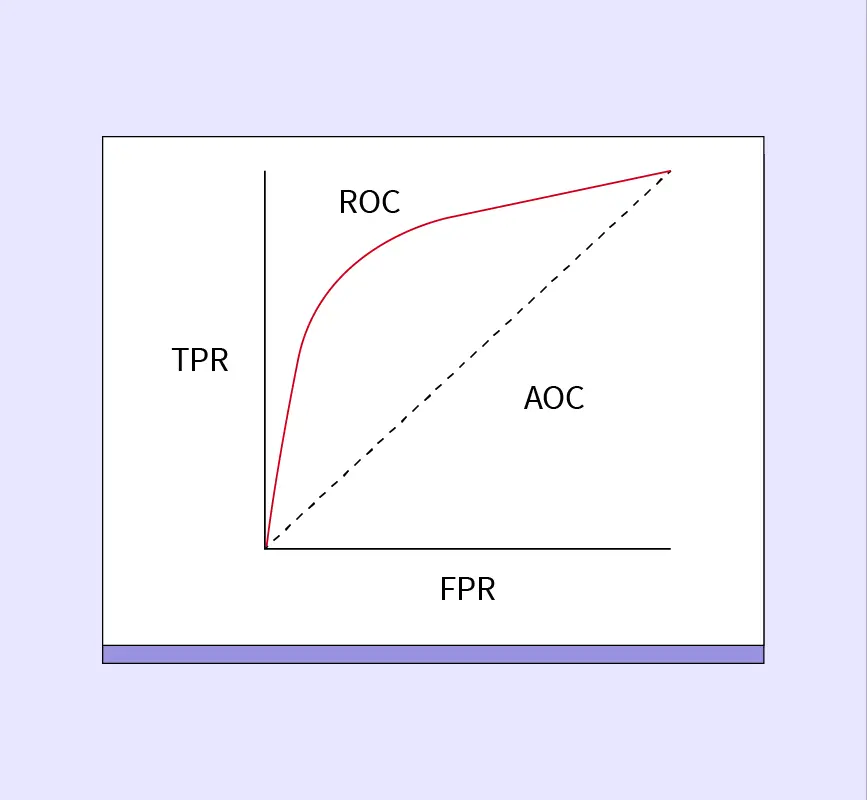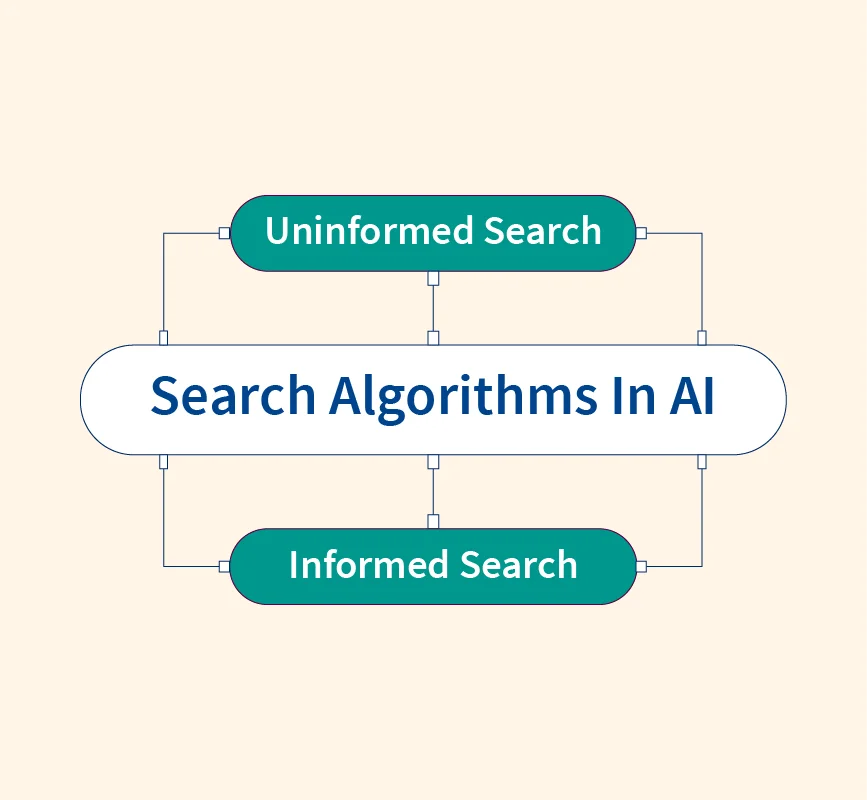Big data refers to the vast amount of structured and unstructured data generated from sources like social media, IoT devices, and digital transactions. It plays a crucial role in today’s digital world, helping organizations analyze trends, forecast outcomes, and make informed decisions. Big data enables industries to personalize services, optimize operations, and drive innovation. Sectors such as healthcare, finance, and retail leverage big data to stay competitive and improve performance. As data generation continues to grow, businesses increasingly rely on big data to gain insights and enhance decision-making in a rapidly evolving market.
The Three V’s of Big Data
The concept of the Three V’s—volume, variety, and velocity—captures the essential characteristics of big data and explains how organizations manage and utilize it effectively.
Volume
The volume of big data refers to the immense quantity of information generated daily from multiple sources, such as social media platforms, IoT sensors, and digital transactions. Organizations must store and process terabytes to petabytes of data using scalable infrastructure, including cloud storage and distributed computing systems.
Variety
Big data encompasses a variety of data types, including structured data (e.g., databases), semi-structured data (e.g., XML files), and unstructured data (e.g., text, images, videos). Analyzing diverse datasets allows businesses to gain comprehensive insights and understand customer behavior, operational efficiency, and market trends.
Velocity
The velocity of big data refers to the rapid rate at which data is generated and processed. Real-time data streams from sensors, transactions, or user activities require instant analysis to make quick decisions. Tools like Apache Kafka help organizations manage high-speed data processing, ensuring they remain agile in dynamic environments.
Key Applications of Big Data Across Industries
Big data has transformed how industries operate, offering actionable insights that drive efficiency and innovation. Below are key applications across various sectors, demonstrating how organizations leverage big data to solve challenges and unlock new opportunities.
1. Healthcare
Big data plays a crucial role in personalized medicine by analyzing patient histories, genetic data, and treatment responses to tailor therapies. Predictive analytics allows healthcare providers to forecast patient conditions, reduce hospital readmissions, and enhance preventive care strategies. Big data also improves operational efficiency by optimizing hospital management systems and streamlining resource allocation. Moreover, patient care is enhanced through wearable devices that collect real-time health data, enabling early intervention.
2. Financial and Banking Sector
In the financial sector, big data is vital for fraud detection by identifying suspicious patterns in transactions. Predictive analytics aids in risk management, helping banks forecast potential defaults and market fluctuations. Additionally, financial institutions analyze customer behavior to offer personalized banking services, such as tailored credit offers and savings plans, improving customer engagement and loyalty. Big data also supports algorithmic trading by processing large datasets in real time to make quick investment decisions.
3. E-commerce and Retail
Big data enables customer behavior analysis by tracking browsing patterns, purchase history, and product preferences. E-commerce platforms leverage recommendation systems to suggest relevant products, increasing conversion rates. Retailers also benefit from inventory management by predicting demand trends, ensuring optimal stock levels, and reducing losses due to overstocking or shortages. Personalized marketing campaigns based on customer insights further enhance the shopping experience.
4. Transportation and Smart Traffic Systems
The transportation industry uses big data for predictive maintenance, analyzing vehicle performance to prevent breakdowns. Route optimization algorithms help minimize travel time and fuel consumption, improving delivery efficiency. Smart traffic management systems rely on real-time data to reduce congestion, manage public transport schedules, and improve urban mobility. Autonomous vehicles also use big data to process environmental information and make driving decisions.
5. Government and Military
Governments use big data to enhance public services by analyzing citizen data to improve healthcare, education, and infrastructure. In the military, big data supports defense applications, such as surveillance and cybersecurity, by identifying potential threats. Policy formulation is improved through data-driven insights, ensuring better governance and efficient resource allocation across sectors.
6. Media and Entertainment
Big data enables content personalization by analyzing user preferences and recommending shows, movies, or songs on streaming platforms like Netflix and Spotify. Media companies also gain insights into user behavior through engagement metrics, guiding content creation strategies. Trend analysis helps predict future entertainment patterns, ensuring timely production and targeted promotions that align with audience interests.
7. Agriculture
In agriculture, big data powers precision farming by using IoT sensors to monitor soil conditions, weather patterns, and crop health. Farmers can optimize irrigation schedules, fertilizer use, and pest control based on real-time data. Resource management improves through predictive analytics, helping farmers plan harvests and manage supply chains efficiently, reducing waste and enhancing sustainability.
8. Education
Educational institutions leverage big data for personalized learning, tailoring course content based on student performance and preferences. Data analytics enables schools to track student progress, identify areas of improvement, and implement targeted interventions. Administrative decision-making is also enhanced by analyzing operational data, helping institutions allocate resources efficiently, plan budgets, and optimize faculty performance.
Conclusion
Big data is revolutionizing industries by providing insights that enhance efficiency, improve decision-making, and drive innovation. As data generation continues to grow, the potential for big data applications will expand further, offering new opportunities in areas like artificial intelligence, smart cities, and sustainable development, shaping the future of businesses and societies.
References:


